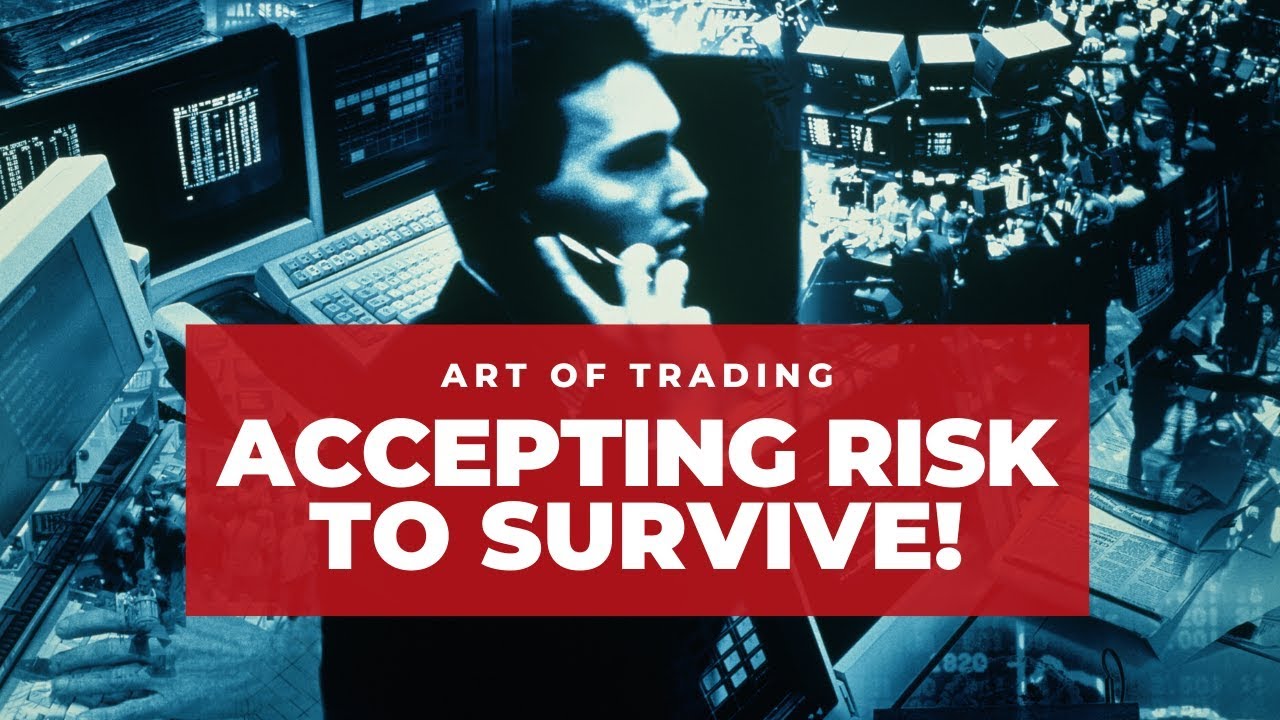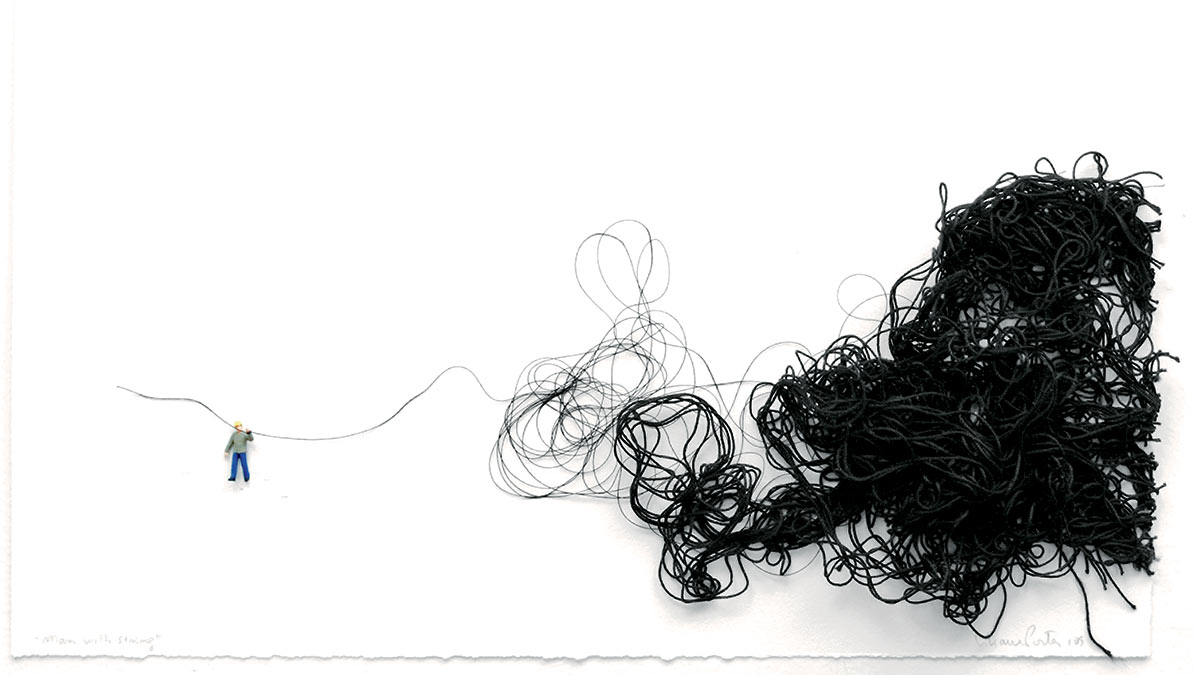
Waste Management Washington provides trash and garbage collection, recycling, and landfill support throughout the state. Their services are available to both residential and commercial customers. They also provide information on the benefits of recycling and waste reduction. They provide information about solid waste management costs and public awareness. Continue reading to learn about these services.
Recycling
Washington's waste management system is increasingly reliant on recycling. The state's solid waste management program used to ship three quarters of all recyclable materials directly to China. These days, most recyclables may be recycled within the United States or within the state. The program is based in the Pacific Northwest and works with businesses and communities to reduce or recycle as much waste possible.
The state is creating a system that charges businesses who produce recyclable materials. They will need to pay a fee depending on how much waste their business generates. These fees go toward Recycle BC to coordinate recycling efforts throughout the province.

Public awareness
Recent studies have shown that Washington has a better waste management system. According to Washington's Department of Ecology more than 3 pounds of garbage per person was recycled in 2013 according to their data. The state's Department of Ecology predicts that recycling garbage will grow one percent annually. However, there are still barriers to recycling, such as language barriers and infrastructure issues. To overcome these obstacles, communities can implement strategies such as incentives, partnerships and certifications.
Every waste management program should be made aware of the importance of public education. Because waste is a byproduct of human activity, everyone must learn how to properly manage it. The proper legislation, technical support, and funding are essential. It is important for the public to be informed about these issues and to take part in them.
Costs
Washington, D.C.’s public transfer stations are in serious financial trouble for many years. For waste removal, the District's taxpayers have been paying more than $50 per ton. Although the District raised the cost by $10, it still increased its waste removal costs. The city is spending more than $50 Million a year on garbage collection.
The public transfer stations in the District are not economically viable and need to be renovated. Fort Totten station upgrades will be the District's top priority next year. To make matters worse, trash is thrown away from the suburbs.

Companies involved in solid waste management
Washington State has many companies that deal with solid waste. Sanitary Service is the largest company that handles solid waste. It collects and recycles trash. Other companies include LeMay, which offers solid waste collection, recycling and transfer services. They also offer services such as site development and earth work. GK Industrial Refuse Systems in Washington and Silver Springs Organics in Washington are also involved in solid waste disposal. Both companies are committed to helping the environment and reducing waste.
Government involvement
Washington has made a strong commitment towards recycling and reducing waste. A solid waste management plan was developed by the state to achieve this goal. The plan details strategies to minimize pollution, toxics, as well as ways to prevent them. It also permits major industrial plants. Washington can thus reduce pollution and keep toxics from the environment. The plan also includes policies that help the public make better choices about how they dispose of waste.
The Washington State Department of Ecology set a goal of reducing food waste by 50% by 2030. This goal is very similar to the U.S. goals. The department has collaborated with other agencies to develop a plan called Use Food Well Washington. This plan was implemented in late 2021. The plan contains many policy recommendations and incorporates input from stakeholders.
FAQ
What are the steps of the management decision-making process?
Managers have to make complex decisions. It includes many factors such as analysis, strategy planning, implementation and measurement. Evaluation, feedback and feedback are just some of the other factors.
Management of people requires that you remember that they are just as human as you are, and can make mistakes. There is always room to improve, especially if your first priority is to yourself.
We explain in this video how the Management decision-making process works. We will discuss the various types of decisions, and why they are so important. Every manager should be able to make them. The following topics will be covered:
How can we make our company culture successful?
Successful company culture is one where people feel valued and respected.
It is founded on three basic principles:
-
Everybody can contribute something valuable
-
People are treated fairly
-
There is mutual respect between individuals and groups
These values can be seen in the behavior of people. For example, they will treat others with courtesy and consideration.
They will be respectful of the opinions of other people.
They can also be a source of inspiration for others.
In addition, the company culture encourages open communication and collaboration.
People feel comfortable expressing their opinions freely without fear of reprisal.
They understand that errors will be tolerated as long they are corrected honestly.
The company culture promotes honesty, integrity, and fairness.
Everyone knows that they must always tell the truth.
Everyone knows that there are rules and regulations that apply to them.
Everyone does not expect to receive special treatment.
What is the role of a manager in a company?
Each industry has a different role for a manager.
A manager is generally responsible for overseeing the day to day operations of a company.
He/she is responsible for ensuring that the company meets all its financial obligations and produces the goods or services customers want.
He/she will ensure that employees follow all rules and regulations, and adhere to quality standards.
He/she plans and oversees marketing campaigns.
How can a manager improve his/her managerial skills?
It is important to have good management skills.
Managers must constantly monitor the performance of their subordinates.
You must act quickly if you notice that your subordinate isn’t performing to their standards.
You should be able to identify what needs improvement and how to improve things.
Statistics
- The average salary for financial advisors in 2021 is around $60,000 per year, with the top 10% of the profession making more than $111,000 per year. (wgu.edu)
- The profession is expected to grow 7% by 2028, a bit faster than the national average. (wgu.edu)
- Your choice in Step 5 may very likely be the same or similar to the alternative you placed at the top of your list at the end of Step 4. (umassd.edu)
- Our program is 100% engineered for your success. (online.uc.edu)
- UpCounsel accepts only the top 5 percent of lawyers on its site. (upcounsel.com)
External Links
How To
What is Lean Manufacturing?
Lean Manufacturing processes are used to reduce waste and improve efficiency through structured methods. They were developed by Toyota Motor Corporation in Japan during the 1980s. The primary goal was to make products with lower costs and maintain high quality. Lean manufacturing eliminates unnecessary steps and activities from a production process. It has five components: continuous improvement and pull systems; just-in time; continuous change; and kaizen (continuous innovation). It is a system that produces only the product the customer requests without additional work. Continuous improvement is the continuous improvement of existing processes. Just-in time refers to components and materials being delivered right at the place they are needed. Kaizen means continuous improvement. Kaizen involves making small changes and improving continuously. Fifth, the 5S stand for sort, set up in order to shine, standardize, maintain, and standardize. These five elements are combined to give you the best possible results.
Lean Production System
Six key concepts underlie the lean production system.
-
Flow - focus on moving material and information as close to customers as possible;
-
Value stream mapping - break down each stage of a process into discrete tasks and create a flowchart of the entire process;
-
Five S’s - Sorted, In Order. Shine. Standardize. And Sustain.
-
Kanban – visual signals like colored tape, stickers or other visual cues are used to keep track inventory.
-
Theory of constraints - identify bottlenecks in the process and eliminate them using lean tools like kanban boards;
-
Just-intime - Order components and materials at your location right on the spot.
-
Continuous improvement is making incremental improvements to your process, rather than trying to overhaul it all at once.